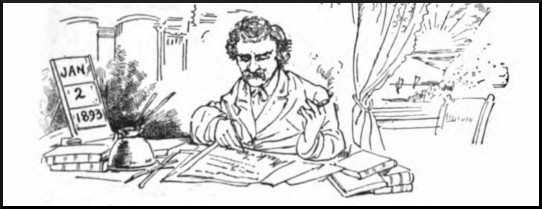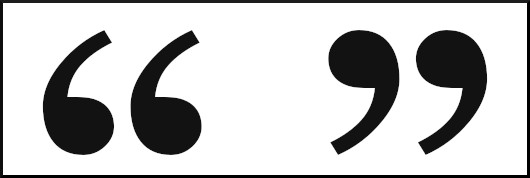P. J. Faulkner? W. Buck Taylor? Bennett Cerf? Eric Partridge? Mary Morris? William Morris? Anonymous?
Question for Quote Investigator: A shaggy dog story is a rambling tale consisting of largely inconsequential events that ends with an anticlimax or an unfunny punchline. Would you please explore the origin of the shaggy dog story?
Reply from Quote Investigator: The earliest evidence located by QI appeared in “The Cincinnati Post” of Ohio in January 1906. QI conjectures that P. J. Faulkner who worked for the O’Dell Stock and Grain Company in Cincinnati presented the first shaggy dog story. Faulkner believed that his tale was hilarious, but his companions were angered by its pointlessness. Boldface added to excerpts by QI:1
Faulkner was in a down-town cafe with some friends. He told them a story. “Did you ever hear the story of the shaggy dog?” he inquired.
“No!” they came back.
“No?” said he.
“No-o,” said they.
“Well, James Fernorten wanted a shaggy dog, and—Oh! but it’s funny!” (Much laughter by Faulkner. Friends glum.)
“So he went to his friend Mike, who, he had heard, had one.
“Gee! It’s funny!! (More laughter from Faulkner. Friends glummer.)
“But Mike’s dog. though shaggy some, was not so shaggy!” (Ha-ha-ha-he-he-ho-ho by Faulkner. Silence by friends.)
“Ain’t it funny?” he asked.
“We don’t see it,” said the friends innocently.
“Well, listen,” Faulkner went on.
“You see James Fernorten wanted a shaggy dog, and—Oh, but it’s funny!” (Much laughter by Faulkner. Friends still glum.)
Faulkner’s unhappy friends decided to creatively retaliate against him by placing an advertisement in a local paper. Details within the ad were carefully chosen to reflect the insipid story they found so aggravating:
WANTED
Dog—shaggy dog; must be either black or brown, but not too shaggy; will pay good price. P. J. Faulkner, 3229 Fredonia-av., Avondale.
The ad was remarkably successful in eliciting responses, and Faulkner’s home was overwhelmed with miscellaneous dogs:
Dogs big, dogs small, dogs mangy, dogs shaggy, dogs hairless, sightless and lame; dogs white, dogs black, dogs brown and dogs spotted, dingy and faded; dogs fat, dogs lean, dogs barking and dogs with tin cans tied to tails—dogs, dogs, DOGS. They came to his house all day.
In addition, many dogs were offered to Faulkner by phone, and the exhausted man eventually decided to flee his home.
This article appeared in other newspapers such as “The Denver Post” of Colorado2 which acknowledged the Cincinnati paper.
The article presented two shaggy dog tales with one nested inside the other. Faulkner told the first humorless tale, and a journalist told the second tale of comeuppance. The combination of the dual narratives was memorable, but over time the text evolved into a single story as shown below
Here are additional selected citations in chronological order.
Continue reading “Anecdote Origin: Shaggy Dog Story”









